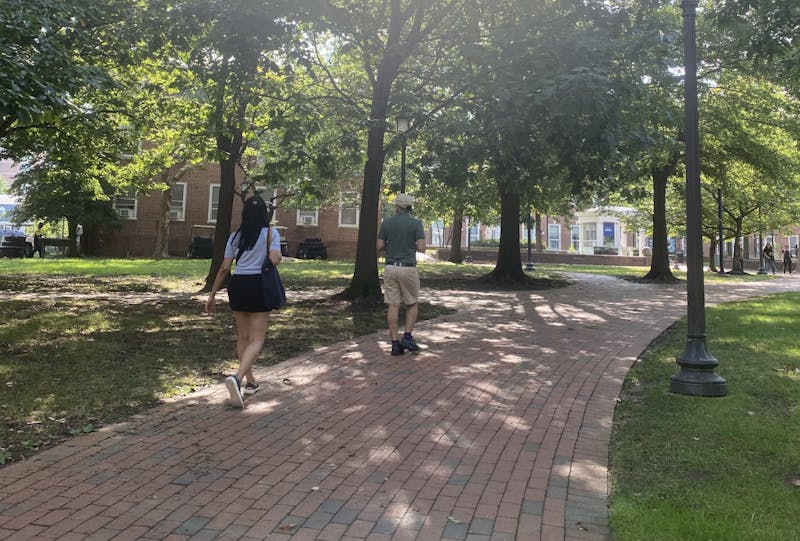As students embark on their freshman year of college, they often encounter a unique set of challenges. For Samika Jain, a freshman from Mumbai, India, living in Baltimore has brought about feelings of homesickness, not merely tied to missing her family, but also to the complexities of navigating time zones and emotional connections.
The Struggles of Being Far from Home
On the evening of November 9, 2025, as Jain sat in her dorm, she received a simple text from her mother—a photo of her usual morning cup of chai. The image was a reminder of home, yet it underscored the distance between them. While it was 7 p.m. in Baltimore, it was 5 a.m. back home, highlighting the stark contrast in their daily routines.
Jain’s experience reflects a universal struggle faced by many international students. The first time she encountered this feeling was during a FaceTime call with her father, who had decorated their balcony with Diwali lights. Despite the joy of the celebration, the grainy connection and constant Wi-Fi interruptions emphasized the physical separation, making the distance feel more significant.
Living in a different time zone means that communication often occurs in fragmented moments. Jain describes how she has learned to perceive home through the lens of hours rather than miles. For instance, a morning greeting from her family might arrive while her own surroundings remain dark. This time-displaced connection creates a unique intimacy, yet it also brings challenges.
Building a New Sense of Belonging
Initially, Jain attempted to bridge the gap by adjusting her schedule to match her family’s. She would stay up late for calls or skip meals to connect with friends online. Yet, she soon realized that no matter how hard she tried, she could not exist simultaneously in both places. Instead, she began to accept the reality of her situation, allowing herself to experience the distance and the emotions that came with it.
One poignant moment came when she missed a call with her sister, a significant tradition before exams. Jain felt a heaviness in her heart, recognizing that homesickness is less about missing a place and more about missing a time. Celebrations, family dinners, and shared moments continue back home while she navigates her new life in college.
The loneliness can be palpable, particularly during evenings when campus life buzzes with laughter and camaraderie. As Jain walks back from class, she is acutely aware that her parents are just beginning their day, their lives moving forward without her physical presence. Yet, she finds solace in the realization that she can create a new sense of belonging in her college town, even amidst the emotional challenges.
Jain emphasizes the importance of forgiveness—both for herself and for her family. As everyone adjusts to their new realities, it becomes essential to recognize that distance does not diminish love or presence. The calls she misses and the celebrations she witnesses through a screen are part of the evolving narrative of her life.
In moments of reflection, Jain stands outside AMR III as the sun sets, watching the sky transform into hues of orange that mirror those seen by her family. For a fleeting moment, she feels a connection that transcends time zones, bringing a sense of peace and belonging. Though the challenges of freshman year are real, Jain continues to navigate them with resilience, embracing both her new life and her roots.
As she pursues her studies in Molecular and Cellular Biology, Jain’s journey illustrates the profound impact of distance in shaping the experiences of students far from home. Each moment teaches her the value of love, connection, and the ability to adapt, reinforcing that even when separated by miles, family ties remain strong.
